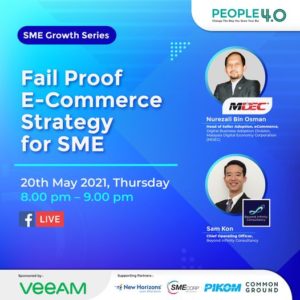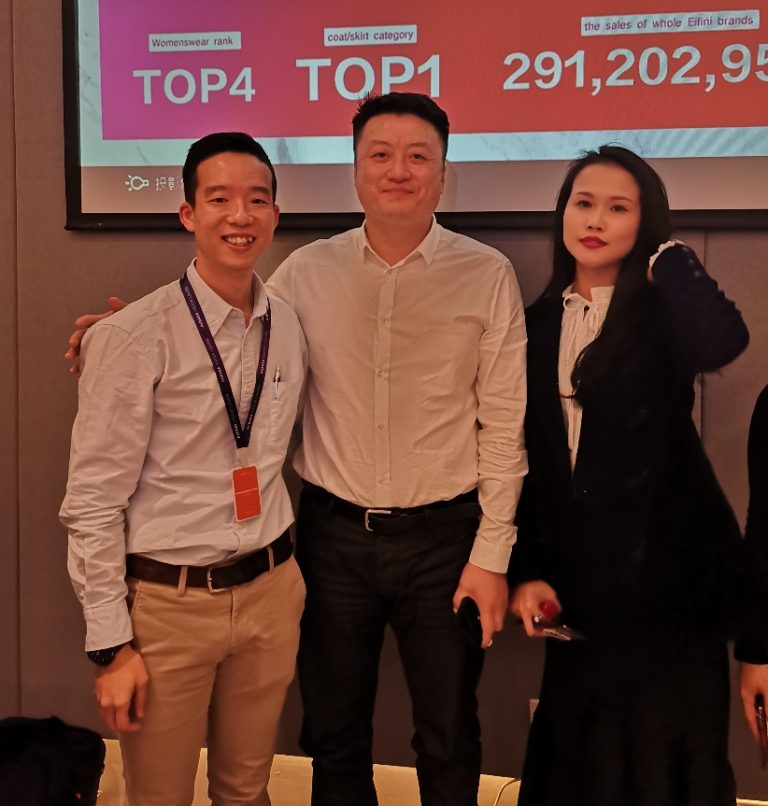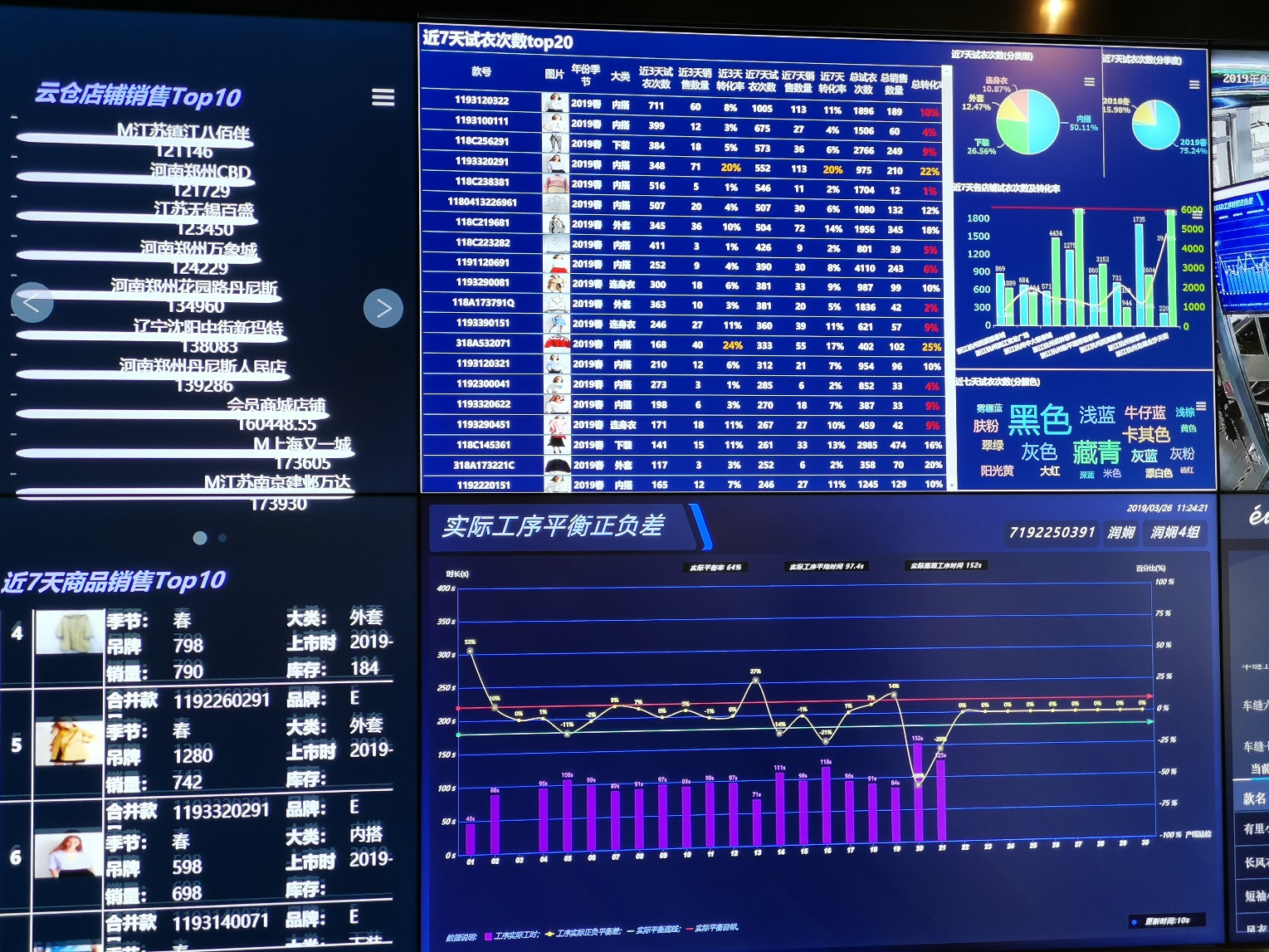
Fail Proof E-Commerce Strategy for SME
Share This Post Share on whatsapp Share on facebook Share on linkedin Share on twitter Share on email Learn from expert panel discussion between MDEC’s

“Concept to completion”. This have always been the concern of fast fashion business. A new design released on the runway and whoever gets it out to the market will have their first bucket of gold. Traditionally fast fashion was able to achieve this within 15 days with familiar brands such as Zara, Uniqlo and ASOS. Incepted in 2001, Eifini embarked into this business targeting specifically the female category by utilizing a direct selling / franchise model. Despite targeting Tier 1 cities only in China such as Shanghai, Nanjing and Hangzhou; retail business pick up was slow. Here are some learnings we can extract from Eifini’s example of transforming from traditional manufacturing to new manufacturing.
1. Fashion Business Has To Adapt To Their Surrounding As Quick As A Chameleon
In 2011, the consumer behaviour in China evolved. There were more young females in the workforce and they have more disposable income to spend on lifestyle products. Having identified the growing market segments, Eifini embarked on a transformation journey in order to meet this growing market which was a large pie. The female market is wide and hence they created 3 brands to specifically capture their target audience – Seifini catering to the young market, MM for office lady, and Pure Moment for the ladies who want to look simple and sleek.
With shopping malls springing up like mushrooms, Eifini decided to partner with these shopping malls such as Intime, Wanda, Parkson and many others. They understood the influential power of these shopping malls affecting the neighbourhood which they were built in – building population, drawing crowd, and even attracting infrastructures. Leveraging on their shopping mall partners, Eifini could focus more attention into marketing their brand through having spoke persons, brand ambassadors, variety shows with superstars and even Intellectual Property Partnership such as Angry Bird. As popular as it may sound, these collaborative efforts across the timeline were reflecting on what consumers connect to most during those moments.
 Sam Kon Sharing on Eifini Data Screen Monitor
Sam Kon Sharing on Eifini Data Screen Monitor
2. Data is the New King
In this digital era, data may potentially be the new king, replacing cash. What was achieved in traditional fast fashion in 15 days from runway to retail store, they want to do it within 6 hours! Sounds crazy, but not impossible. To facilitate this process, they restructured their whole supply chain and incorporated analysis of digital data into their operations. As Gavin or more famously known as “孙公科”,GM of Eifini said: “We used to run blindly; with digitalization and data, we are running with opened eyes!”
Eifini adopted a variety of technology such as Product Lifecycle Management (PLM), cloud inventory system, production monitoring systems and 4 way dimension system connecting their suppliers, manufacturing, logistics and retail chains nationwide. These technologies provide which in return minimize their risk by making informed decisions on what to manufacture based on what’s hot and what’s not, stock control, procurement of materials for next season etc. The data also helps to cut down the risk inherent in fast fashion business i.e. producing too much before the trend changes. The accuracy of the data can help detect irregularity in production based on employee output to adjusting distribution of hot items to avoid overstocking or vice versa.
3. Transforming your business
For Eifini, embracing the transformation journey had its challenges but, with a clear vision they stayed on track. Results from the recent 2018 11.11 sales soared up to RMB 290 million and this could only be achieved because of what they have decided to change in 2011. They were ranked top 4 in women’s category and top 40 alongside with other Tmall brands. Transformation was not only within the company but include guiding their supply chain to move together. We all know our business’s potential and its future reach. For a business to withstand through time, it has to continuously adapt itself and be sensitive towards consumers’ needs. Transformation is a journey, not an end destination.

Share This Post Share on whatsapp Share on facebook Share on linkedin Share on twitter Share on email Learn from expert panel discussion between MDEC’s

Share This Post Share on whatsapp Share on facebook Share on linkedin Share on email Share on facebook Invited Speakers:1. James Chang, CEO of Lazada